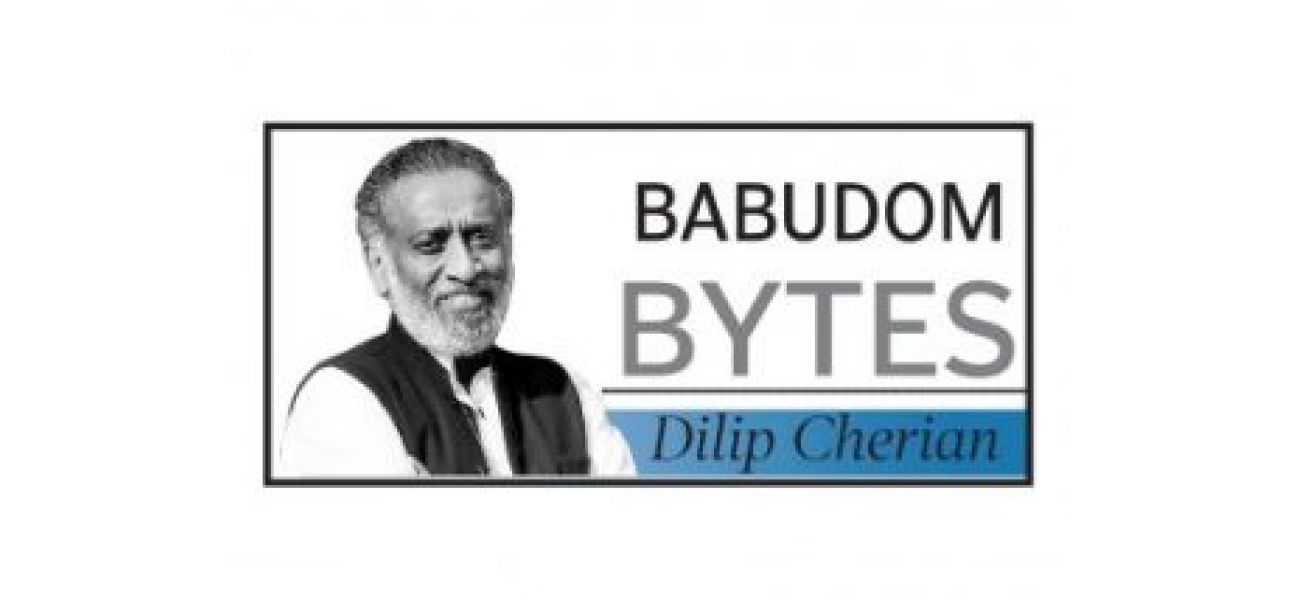SC is frustrated.
The Supreme Court has recently reminded states of their responsibilities in appointing Directors General of Police, as some states are still not following the 2006 Prakash Singh judgment after almost 20 years.
December 21st 2024.

The recent Supreme Court ruling on the appointment of Directors General of Police has once again brought to light the issue of states neglecting their responsibilities. It's quite surprising to see that even after almost 20 years since the landmark Prakash Singh judgment of 2006, some states continue to disregard it. The apex court has now asked for explanations from Andhra Pradesh, Telangana, Uttar Pradesh, Punjab, Uttarakhand, and West Bengal, while Jharkhand has already replied. These states have been accused of not following the court-mandated procedures for selecting DGPs, as brought to light by the Jan Sewa Trust. The trust has pointed out several infractions, including bypassing the requirement of a fixed two-year tenure for police chiefs and ignoring the mandate to select from a panel of three senior-most, eligible IPS officers prepared by the UPSC. The guidelines laid down by the Prakash Singh verdict hold immense importance. It was a crucial step towards ensuring that the police force is not subjected to any political interference and that the leadership is chosen based on merit. The fixed tenures and structured selection processes were designed to bring stability and professionalism in policing, which are crucial for building public trust and effective law enforcement. However, it's disheartening to see that states are either delaying the implementation or completely disregarding these directives. While the court has given a deadline of six weeks for responses and four weeks for rejoinders, one can't help but wonder the reason behind the delay in following a 17-year-old mandate. Is it mere bureaucratic inertia or something more deliberate? The frustration of the court is justified, and it's high time that states prioritize fair and transparent police leadership in the face of current complex law and order challenges. After all, police reforms are not just about hierarchy, but also about justice, accountability, and public confidence. States that continue to ignore these directives owe the nation an answer, and they must provide it soon.
The bureaucracy in Kerala seems to have lost its composure and is now indulging in public spats and allegations. The recent incident involves a suspended IAS officer, N. Prasanth, who took to Facebook to make serious accusations against his senior colleague A Jayathilak. Prasanth accused Jayathilak's office of leaking sensitive information about missing files related to initiatives for the empowerment of Scheduled Castes and Scheduled Tribes. The controversy revolves around the Unnathi project, which aims to uplift these marginalized communities. According to a newspaper report, allegedly based on a letter by Jayathilak to Chief Minister Pinarayi Vijayan, Prasanth failed to hand over critical documents to his successor K Gopalakrishnan. However, Prasanth fired back with claims of a conspiracy, accusing Jayathilak and Gopalakrishnan of tampering with digital records to frame him. These allegations, including a reference to "time travel" in altering e-file dates, raise questions about administrative propriety. While Prasanth has been charged with insubordination and tarnishing the government's image, the silence from Jayathilak's side has added to the speculation. The Chief Secretary had earlier issued a memo against Prasanth for derogatory comments and vilification of colleagues, making this bureaucratic feud a public spectacle. This incident highlights a growing concern- are digital tools meant for efficiency now being used in turf wars? The intervention of the IAS Officers' Association is crucial in restoring order and ensuring that bureaucratic conflicts do not overshadow governance. Kerala deserves better than senior officials being involved in virtual mudslinging while vital administrative initiatives are at stake. What is needed is accountability, professionalism, and a reminder that public service should not become a Twitter feud gone rogue.
In the midst of the rush for the upcoming Union Budget, Ajay Seth, Secretary of Economic Affairs, has been assigned an additional responsibility as the interim Revenue Secretary. According to the ACC order, he will hold this dual charge until a permanent appointment is made or further instructions are given. Seth, a 1987 batch Karnataka cadre IAS officer, is renowned for his expertise in economic affairs. He holds a BTech in mechanical engineering and an MBA and has been leading the Department of Economic Affairs since April 2021. With the recent announcement of Sanjay Malhotra, the outgoing Revenue Secretary, being named as the new RBI Governor, the vacancy had to be filled without any delay. The Budget preparations are in full swing, and the Ministry needed someone who could hit the ground running. Fortunately, Seth is no stranger to Budget discussions and has extensive experience in financial policymaking, making him the perfect fit for the role. While it's undoubtedly a high-stakes moment, Seth seems to have what it takes to handle the challenge. With his deep understanding of the Ministry's workings, his appointment ensures a smooth Budget process without any hiccups. The question now is, how long will he have to juggle these dual roles? For now, all eyes are on him to deliver under pressure.
The bureaucracy in Kerala seems to have lost its composure and is now indulging in public spats and allegations. The recent incident involves a suspended IAS officer, N. Prasanth, who took to Facebook to make serious accusations against his senior colleague A Jayathilak. Prasanth accused Jayathilak's office of leaking sensitive information about missing files related to initiatives for the empowerment of Scheduled Castes and Scheduled Tribes. The controversy revolves around the Unnathi project, which aims to uplift these marginalized communities. According to a newspaper report, allegedly based on a letter by Jayathilak to Chief Minister Pinarayi Vijayan, Prasanth failed to hand over critical documents to his successor K Gopalakrishnan. However, Prasanth fired back with claims of a conspiracy, accusing Jayathilak and Gopalakrishnan of tampering with digital records to frame him. These allegations, including a reference to "time travel" in altering e-file dates, raise questions about administrative propriety. While Prasanth has been charged with insubordination and tarnishing the government's image, the silence from Jayathilak's side has added to the speculation. The Chief Secretary had earlier issued a memo against Prasanth for derogatory comments and vilification of colleagues, making this bureaucratic feud a public spectacle. This incident highlights a growing concern- are digital tools meant for efficiency now being used in turf wars? The intervention of the IAS Officers' Association is crucial in restoring order and ensuring that bureaucratic conflicts do not overshadow governance. Kerala deserves better than senior officials being involved in virtual mudslinging while vital administrative initiatives are at stake. What is needed is accountability, professionalism, and a reminder that public service should not become a Twitter feud gone rogue.
In the midst of the rush for the upcoming Union Budget, Ajay Seth, Secretary of Economic Affairs, has been assigned an additional responsibility as the interim Revenue Secretary. According to the ACC order, he will hold this dual charge until a permanent appointment is made or further instructions are given. Seth, a 1987 batch Karnataka cadre IAS officer, is renowned for his expertise in economic affairs. He holds a BTech in mechanical engineering and an MBA and has been leading the Department of Economic Affairs since April 2021. With the recent announcement of Sanjay Malhotra, the outgoing Revenue Secretary, being named as the new RBI Governor, the vacancy had to be filled without any delay. The Budget preparations are in full swing, and the Ministry needed someone who could hit the ground running. Fortunately, Seth is no stranger to Budget discussions and has extensive experience in financial policymaking, making him the perfect fit for the role. While it's undoubtedly a high-stakes moment, Seth seems to have what it takes to handle the challenge. With his deep understanding of the Ministry's workings, his appointment ensures a smooth Budget process without any hiccups. The question now is, how long will he have to juggle these dual roles? For now, all eyes are on him to deliver under pressure.
[This article has been trending online recently and has been generated with AI. Your feed is customized.]
[Generative AI is experimental.]
0
0
Submit Comment





